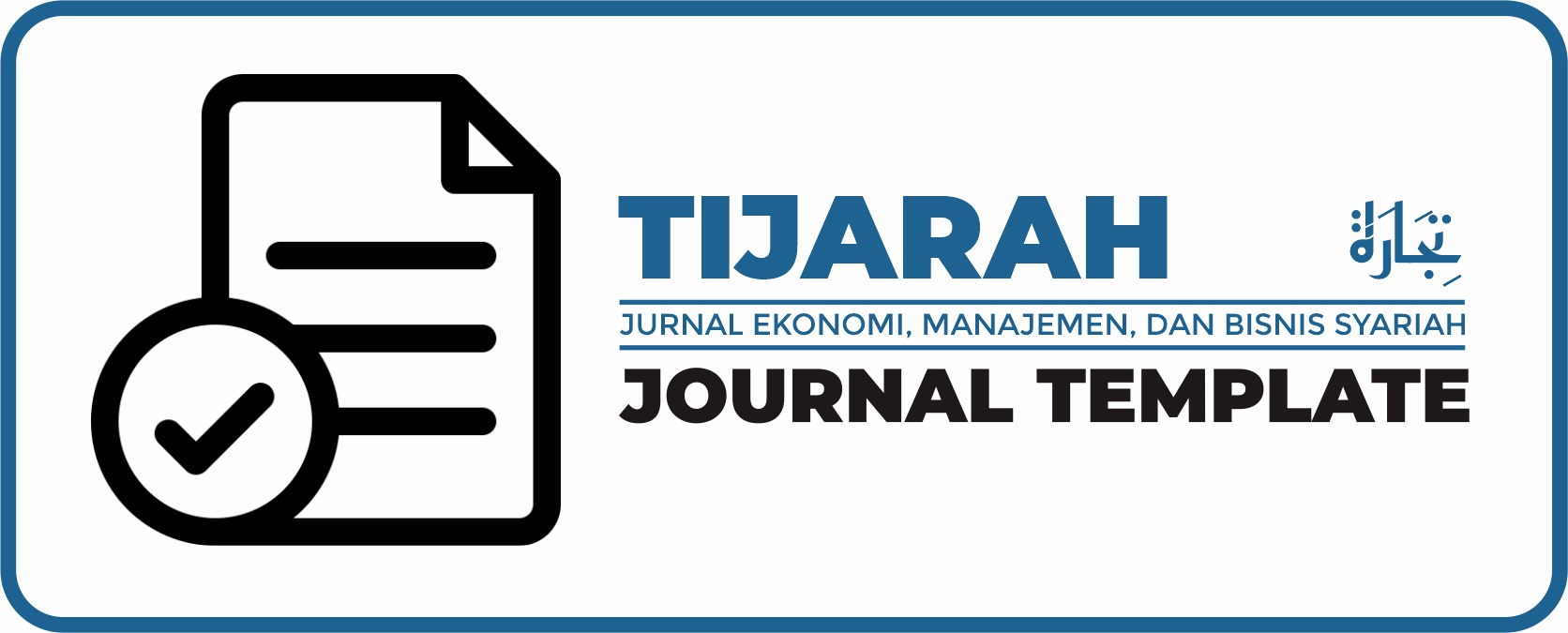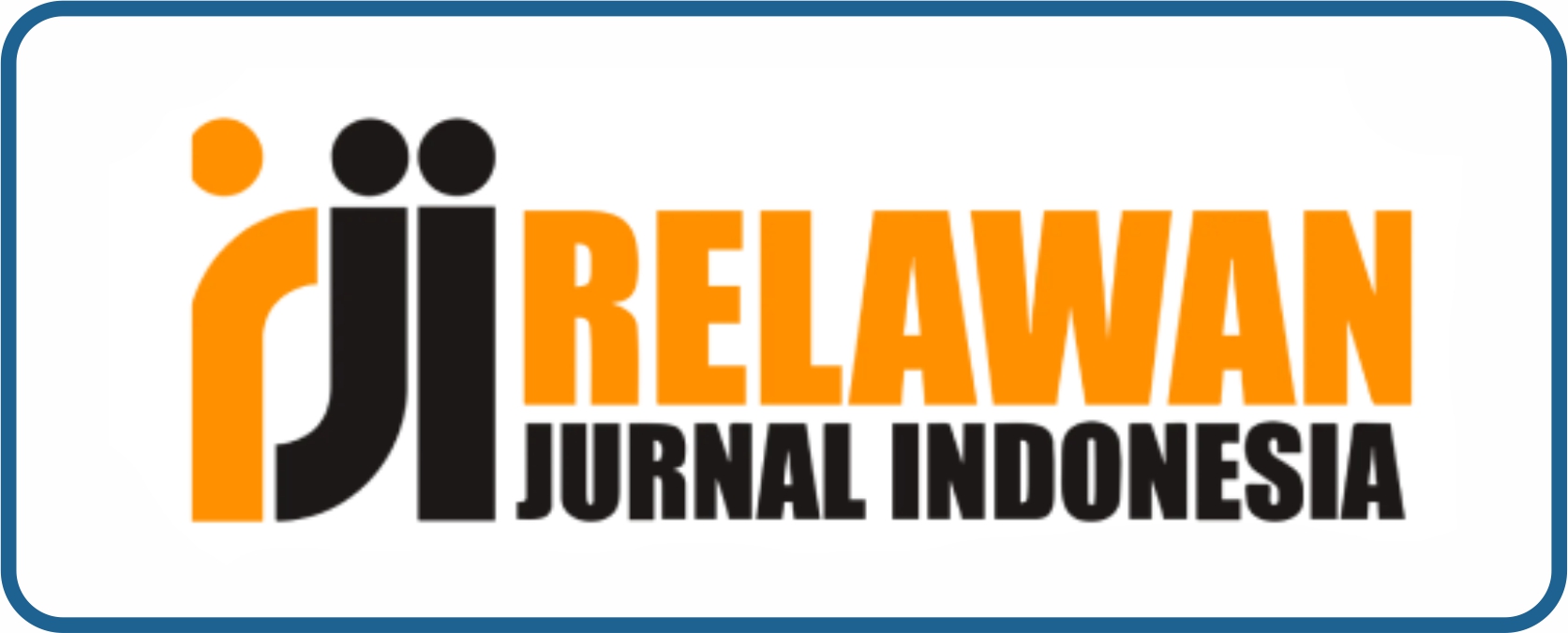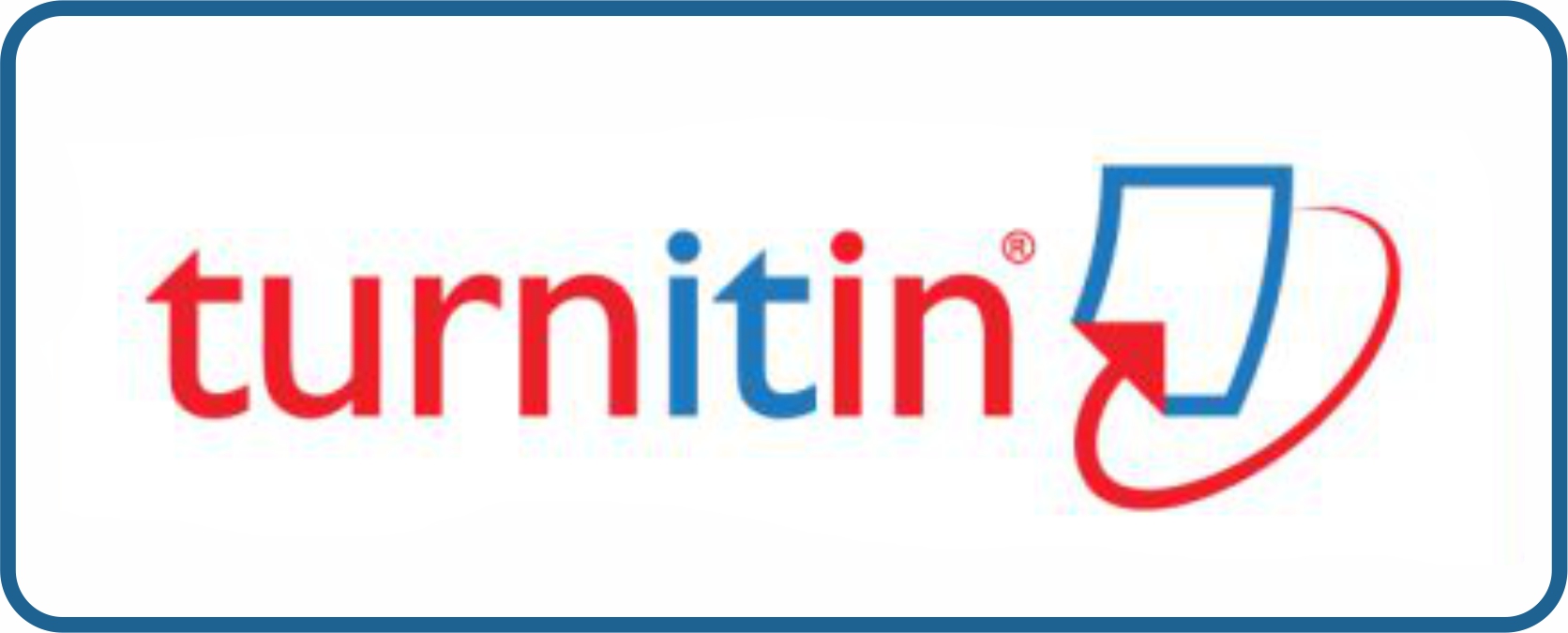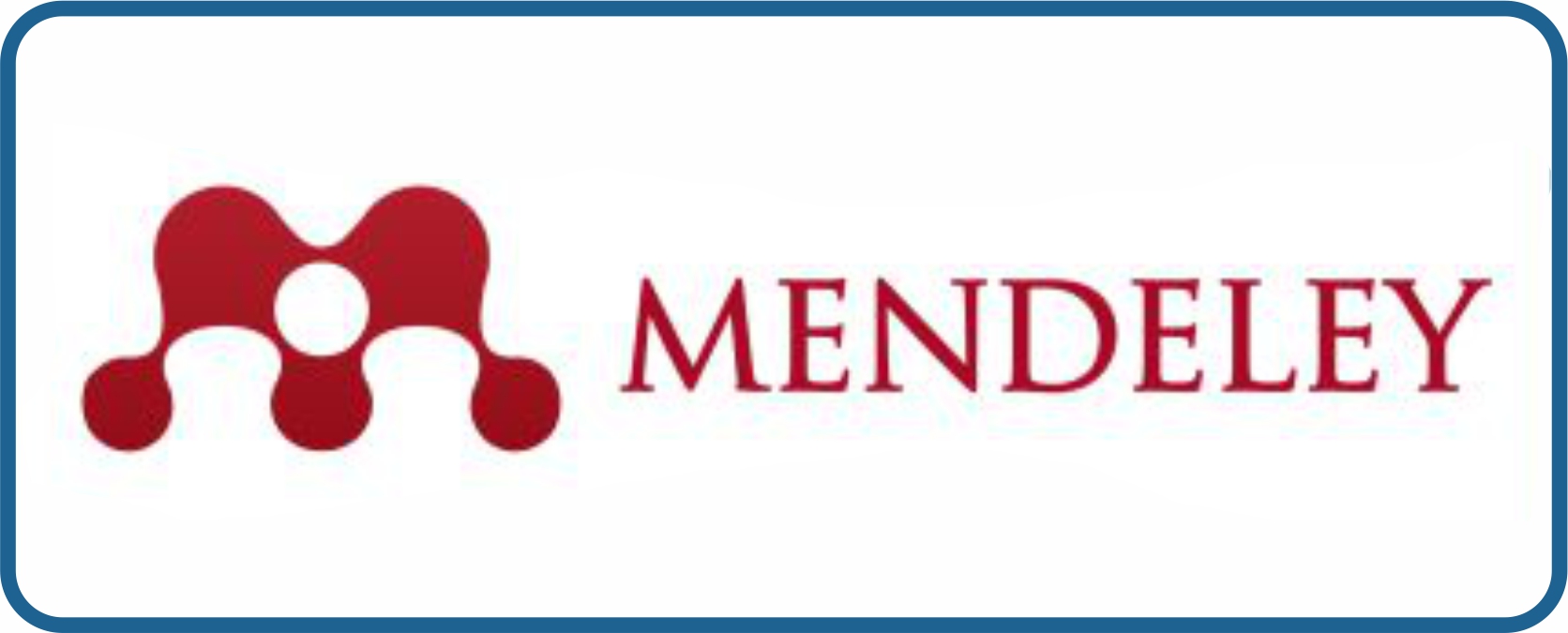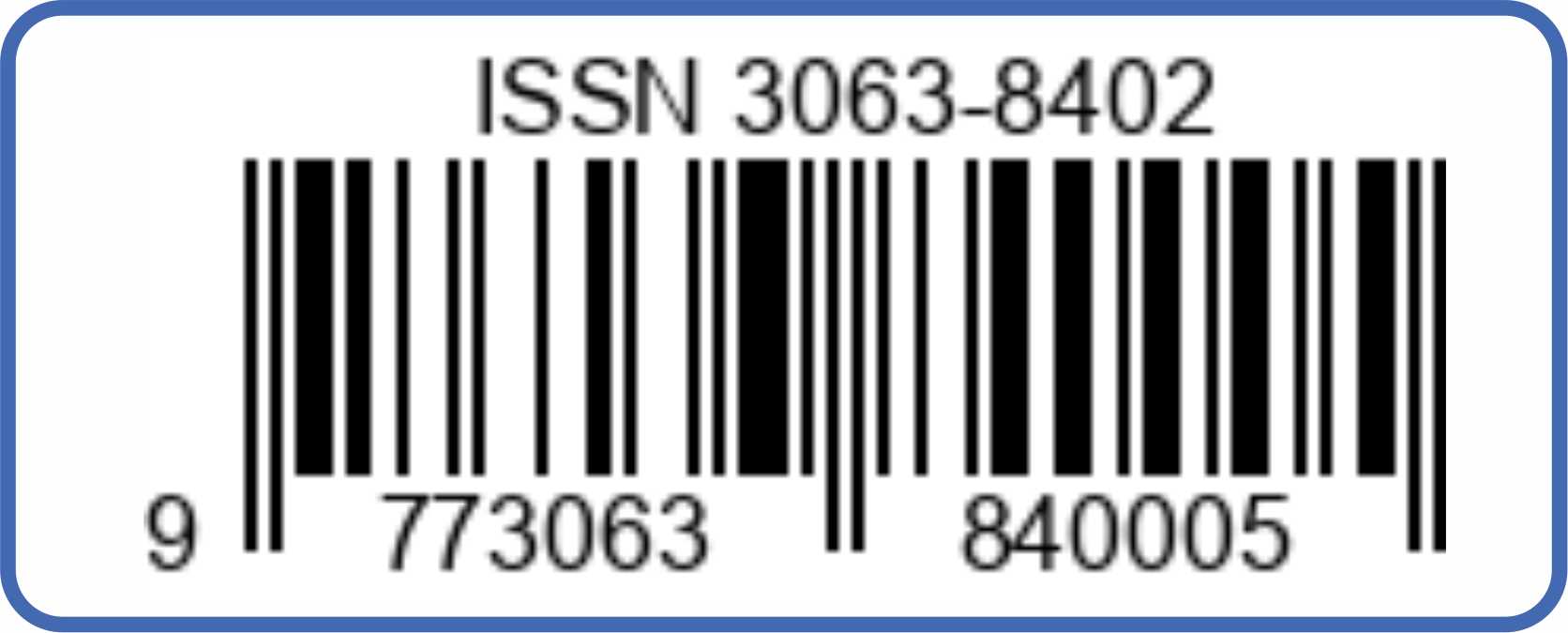Spirit Zakat untuk Kemandirian Umat: Ekplorasi Program Pengelolaan Zakat yang Efektif
Spirit of Zakat for Community Independence: Exploration of Effective Zakat Management Program
Keywords:
Zakat, empowerment, independence, productive, welfareAbstract
Zakat, as one of the pillars of Islam, plays an important role in improving the welfare of the community, particularly in creating economic independence for mustahik (zakat recipients). Although zakat is generally used to meet the basic needs of mustahik, this consumptive approach is considered insufficient for sustainably empowering mustahik. Therefore, this study aims to identify and analyze zakat management programs that can support economic empowerment of the community, with a focus on creating independence for mustahik. This research uses a qualitative approach with a descriptive-analytical design. The results show that effective zakat management programs include the establishment of microenterprises, skills training, provision of business capital, mentoring in small business management, and educational assistance. The recommendations from this study emphasize the importance of applying transparency and accountability principles in zakat management to ensure that zakat is distributed to the right recipients and provides maximum benefits for mustahik, while also encouraging the transformation of mustahik into muzakki (zakat payers).
Downloads
References
Agustianti, Rifka, Lissiana Nussifera, L Angelianawati, Igat Meliana, Effi Alfiani Sidik, Qomarotun Nurlaila, Nicholas Simarmata, Irfan Sophan Himawan, Elvis Pawan, and Faisal Ikhram. Metode Penelitian Kuantitatif Dan Kualitatif. Tohar Media, 2022.
al-Qaraḍāwi, Yūsuf. Fiqh Al-Zakāh: Dirāsah Muqāranah Lī Aḥkāmihā Wa Falsafatihā Fī Ḍaw’i Al-Qur’ān Wa Al-Sunnah. Bairūt: Muassah al-Risālah, 1973.
al-Sijistānī, Abu Dāwud. Sunan Abi Dāwud. Beirut: Al-Maktabah Al-’Asriyyah, n.d.
Aldino, Nico. “Peran Pendayagunaan Zakat Produktif Terhadap Kesejahteraan Masyarakat Dalam Pelaksanaan Tujuan Program Pembangunan Berkelanjutan (Sdgs)(Studi Kasus: Baznas Provinsi Sumatera Utara).” Universitas Islam Negeri Sumatera Utara, 2021.
Amarodin, Moh, and M Hi. “Optimalisasi Dana Zakat Di Indonesia (Model Distribusi Zakat Berbasis Pemberdayaan Ekonomi).” Jurnal Ekonomi Syariah 7, no. 01 (2019): 1–13.
Amymie, Farhan. “Optimalisasi Pendistribusian Dan Pendayagunaan Dana Zakat Dalam Pelaksanaan Tujuan Program Pembangunan Berkelanjutan (SDGs).” Anida (Aktualisasi Nuansa Ilmu Dakwah) 17, no. 1 (2017): 1–18.
Ayuniyyah, Qurroh, Ataul Huq Pramanik, Norma Md Saad, and Muhammad Irwan Ariffin. “The Comparison between Consumption and Production-Based Zakat Distribution Programs for Poverty Alleviation and Income Inequality Reduction.” International Journal of Zakat 2, no. 2 (2017): 11–28.
Diallo, A T, A S Gundogdu, and A T Diallo. “Economic Empowerment, Zakat, Waqf, and Social Infrastructure.” Sustainable Development and Infrastructure: An Islamic Finance Perspective, 2021, 77–93. https://doi.org/10.1007/978-3-030-67094-8_5.
Endahwati, Yosi Dian. “Akuntabilitas Pengelolaan Zakat, Infaq, Dan Shadaqah (ZIS)” 4, no. 1 (2014): 1356–79. https://doi.org/https://doi.org/10.23887/jinah.v4i1.4599.
Gea, Dalmaisyah, M Shabri Abd Majid, Marliyah Marliyah, and Rita Handayani. “Productive Zakat as a Financial Instrument in Economic Empowerment in Indonesia: A Literature Study.” International Journal of Economic, Business, Accounting, Agriculture Management and Sharia Administration (IJEBAS) 2, no. 1 (2022): 83–92.
Handoko, Yudo, Hansein Arif Wijaya, and Agus Lestari. Metode Penelitian Kualitatif Panduan Praktis Untuk Penelitian Administrasi Pendidikan. PT. Sonpedia Publishing Indonesia, 2024.
Huda, Nurul, and Tjiptohadi Sawarjuwono. “Akuntabilitas Pengelolaan Zakat Melalui Pendekatan Modifikasi Action Research.” Jurnal Akuntansi Multiparadigma 4, no. 3 (2013): 376–88.
Ismail, Ismail, Dalmaisyah Gea, M Shabri Abd Majid, Marliyah Marliyah, and Rita Handayani. “Productive Zakat as A Financial Instrument in Economic Empowerment in Indonesia: A Literature Study.” International Journal of Economic, Business, Accounting, Agriculture Management and Sharia Administration (IJEBAS) 2, no. 3 (2022): 367–76.
Muhammad, Firman, and Adina Rosidta. “Peran Wakaf Dan Zakat Dalam Meningkatkan Ekonomi Masyarakat Indonesia.” Lisyabab: Jurnal Studi Islam Dan Sosial 4, no. 2 (2023): 162–85.
Rosyidah, Ainur, Sugeng Hadi Utomo, Imam Mukhlis, and Agung Nugroho. “The Role of Zakat and Waqf in Achieving Sustainable Development Goals (SDGs): A Global Perspective.” In Proceeding of International Conference on Finance Business and Banking, 171–79, 2023.
Siregar, Idris, Kholijah Siregar, and Nabila Syahlita Dewi. “Zakat Produktif Dalam Perspektif Alquran Dan Hadis.” Gudang Jurnal Multidisiplin Ilmu 2, no. 7 (2024): 163–67.
Subagyo, Agus. “Aplikasi Metode Riset: Praktik Penelitian Kualitatif, Kuantitatif & Mix Methods.” Inteligensia Media, 2020.
Downloads
Published
How to Cite
Issue
Section
License
Copyright (c) 2024 Azwar Azwar

This work is licensed under a Creative Commons Attribution-NonCommercial-ShareAlike 4.0 International License.





